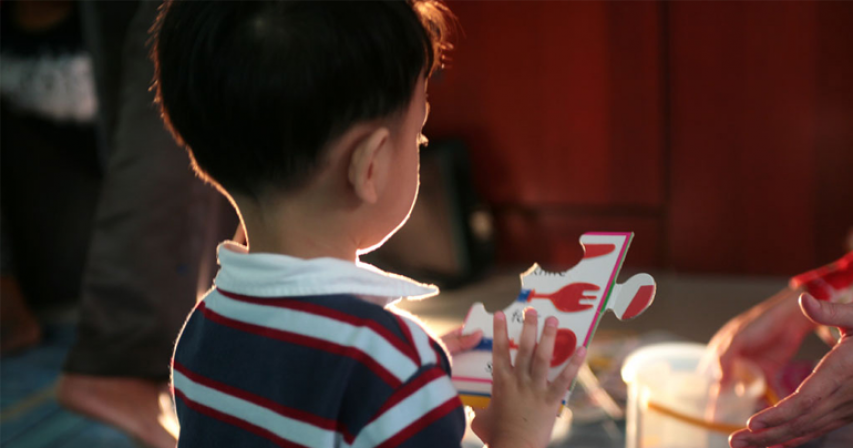Qatar, Poland Call for Defending Rights of People With Autism
- 3 years ago

The State of Qatar and Poland called for the need to defend the rights of people with autism, raise voices against discrimination, and ensure that they receive the necessary support so that they can exercise their fundamental rights and freedoms.
This came in the joint statement presented by the State of Qatar and Poland on Tuesday before the 46th session of the Human Rights Council in Geneva, on the occasion of the World Autism Awareness Day, which was delivered by the Ambassador of Poland in Geneva.
The statement, which was endorsed by 151 countries, was presented on the occasion of the World Autism Awareness Day, which falls on the second of April of each year, thanks to the initiative presented by HH Sheikha Moza bint Nasser in 2007, the United Nations Advocate for the Sustainable Development Goals.
The statement stressed that autism is an eternal condition and affects millions of people around the world, and it is often misunderstood and many societies still avoid people with autism.
It underscored that the stigma and discrimination associated with autism pose major obstacles to realizing the rights of people with autism, calling on public policymakers in developing countries and donor countries to address this issue comprehensively.
The majority of young people with autism face difficulties in making a successful transition to adulthood, whether through finding work opportunities or continuing their education, as these barriers and distinctions have a profound impact on the life span of people with autism, the statement added.
The statement indicated that the situation is even worse for people with disabilities, including those suffering from autism, in times of war.
The statement appreciated the Security Council Resolution No. 2475 proposed by Poland and the United Kingdom, which was the first document to comprehensively consider the situation of this marginalized group during armed conflicts.
The statement highlighted that persons with disabilities are particularly affected by conflict and post-conflict situations, violence, threats to life or health, impeded access to health care, education and rehabilitation, and in extreme cases, even lack of life-saving humanitarian assistance.
It pointed out that there has been some improvement in the past ten years, despite the new challenges in the past year due to the pandemic, and thanks to initiatives to raise awareness of people with autism or their families, the options available to these people have expanded greatly, including access and support services in colleges, workplaces, and independent living.
There is a need to translate this increased awareness into action and work together to take concrete steps to address the many barriers facing people with autism, including after recovering from the COVID-19 pandemic, and it is imperative to continue consulting with these people of all ages, including children to ensure that their experiences and voice are heard and taken into account when providing appropriate educational, training and remedial support, the statement explained.
The statement stressed that people with autism have a wide range of capabilities and interests in different fields, therefore, recognition of their qualifications is necessary to create a truly inclusive society for all.
The statement underlined that the World Autism Awareness Day is more than just the acquisition of knowledge, adding that it is a call to action, and realizing the value and humanity of people with autism. It called for greater access and more opportunities for people with autism, and training for government officials, service and care providers, families, and non-professionals to support the integration of people with autism into society so that they can achieve their full potential for the benefit of all.
(QNA)
Comments